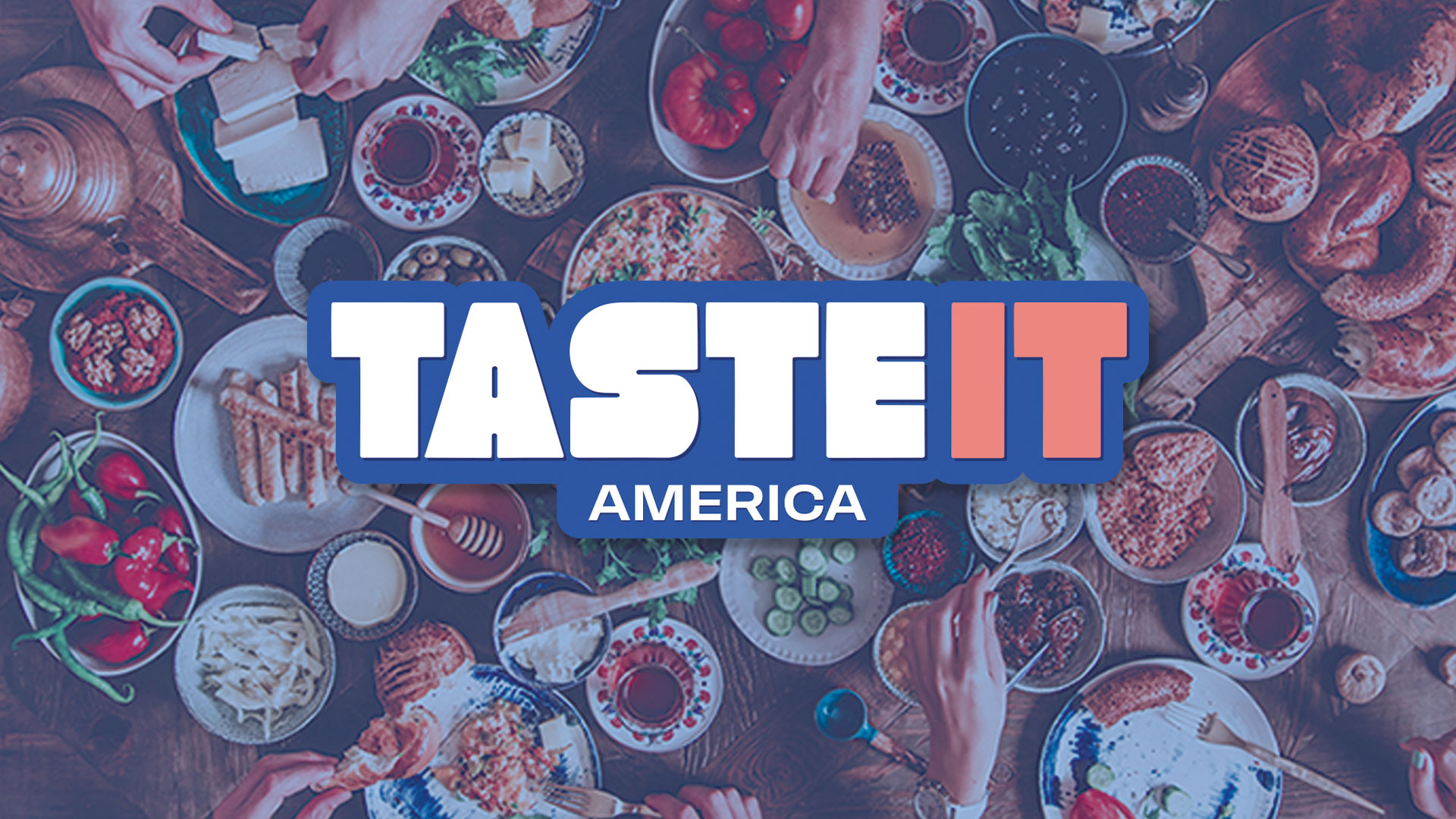Ireland has reported a mixed picture for diseases in 2024 with rates of Campylobacter and Listeria going up but a decrease in E. coli notifications.
Data comes from a report published by the Health Protection Surveillance Centre (HPSC) that includes foodborne illnesses in the final quarter of this past year.
In 2024, there were 3,984 Campylobacter and 799 E. coli infections recorded. There were 390 Salmonella and 22 Listeria cases.
A total of 907 Campylobacter infections were reported in the fourth quarter of 2024 compared to 796 cases in Q4 of 2023.
Of 83 sequenced isolates, 75 were Campylobacter jejuni while the other types were Campylobacter coli, lari, and fetus.
Campylobacteriosis remains the most frequent foodborne bacterial disease in Ireland and the rate of reporting has been increasing since 2021. This trend has not been replicated elsewhere in Europe, where rates have remained relatively stable, according to HPSC.
Four cases of listeriosis were recorded in Q4 of 2024 which is the same as in Q4 of 2023. There were no outbreaks toward the end of 2024, but two isolates that were genetically related to other isolates were identified.
HPSC said several small clusters and outbreaks were investigated in 2024, accounting for the slight increase in cases from 18 in 2023.
Salmonella and E. coli findings
Overall, 98 cases of salmonellosis were reported in Q4 of 2024, compared to 99 in Q4 of 2023.
Where travel history was known, 79 cases were domestically-acquired. An association with travel was more common among Salmonella Enteritidis cases.
Two outbreaks of salmonellosis were reported in Q4 of 2024 with eight cases; one was part of a multi-country outbreak of Salmonella Mikawasima associated with travel to the Canary Islands and the other was linked to travel to Spain. There were also three family outbreaks with 11 patients.
Overall, 95 Salmonella isolates were sequenced. A total of 26 were Salmonella Typhimurium or monophasic Salmonella Typhimurium, 11 were Salmonella Enteritidis, six were Salmonella Adjame, and five were Salmonella Mikawasima.
A total of 193 E. coli infections were reported compared to 192 in the same period in 2023.
There were 72 people hospitalized and six cases of hemolytic uremic syndrome (HUS), a type of kidney disease that sometimes leads to death, were recorded.
Nineteen outbreaks sickened 58 people. They ranged from two to 16 patients. Three were general outbreaks, with two in childcare facilities involving person to person transmission, and one community outbreak that was foodborne. Sixteen were classed as family outbreaks.
The most common serogroups among culture confirmed cases were O26 with 41 and O157 with 26.
E. coli remained the third most frequently reported foodborne infection in Ireland in 2024, but cases were 13 percent lower than in 2023. There was a different seasonal pattern in 2024, with fewer notifications in most age groups and regions. HPSC said the reasons for this are not clear but may be partly explained by relatively dry weather in summer and autumn.
(To sign up for a free subscription to Food Safety News, click here.)


